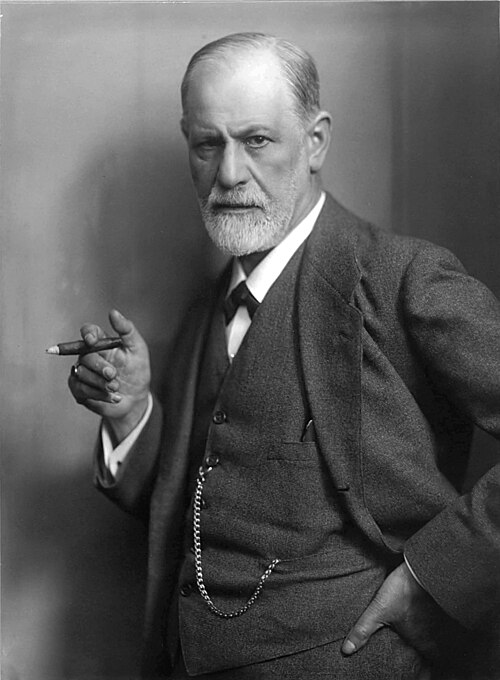Jokenoun
An amusing story.
Jokenoun
Something said or done for amusement, not in seriousness.
Jokenoun
(figuratively) The root cause or main issue, especially an unexpected one
Jokenoun
(figuratively) A laughably worthless thing or person; a sham.
Jokeverb
(intransitive) To do or say something for amusement rather than seriously.
Jokeverb
(intransitive, followed by with) To dupe in a friendly manner for amusement; to mess with, play with.
Jokeverb
To make merry with; to make jokes upon; to rally.
Jokenoun
Something said for the sake of exciting a laugh; something witty or sportive (commonly indicating more of hilarity or humor than jest); a jest; a witticism; as, to crack good-natured jokes.
Jokenoun
Something not said seriously, or not actually meant; something done in sport.
Jokeverb
To make merry with; to make jokes upon; to rally; to banter; as, to joke a comrade.
Jokeverb
To do something for sport, or as a joke; to be merry in words or actions; to jest.
Jokenoun
a humorous anecdote or remark intended to provoke laughter;
Jokenoun
activity characterized by good humor
Jokenoun
a ludicrous or grotesque act done for fun and amusement
Jokenoun
a triviality not to be taken seriously;
Jokeverb
tell a joke; speak humorously;
Jokeverb
act in a funny or teasing way
Joke
A joke is a display of humour in which words are used within a specific and well-defined narrative structure to make people laugh and is usually not meant to be taken seriously. It takes the form of a story, usually with dialogue, and ends in a punch line.
Riddlenoun
A verbal puzzle, mystery, or other problem of an intellectual nature.
Riddlenoun
An ancient verbal, poetic, or literary form, in which, rather than a rhyme scheme, there are parallel opposing expressions with a hidden meaning.
Riddlenoun
A sieve with coarse meshes, usually of wire, for separating coarser materials from finer, as chaff from grain, cinders from ashes, or gravel from sand.
Riddlenoun
A board with a row of pins, set zigzag, between which wire is drawn to straighten it.
Riddlenoun
(obsolete) A curtain; bed-curtain
Riddlenoun
(religious) One of the pair of curtains enclosing an altar on the north and south
Riddleverb
To speak ambiguously or enigmatically.
Riddleverb
(transitive) To solve, answer, or explicate a riddle or question.
Riddleverb
To put something through a riddle or sieve, to sieve, to sift.
Riddleverb
To fill with holes like a riddle.
Riddleverb
To fill or spread throughout; to pervade.
Riddleverb
To plait
Riddlenoun
A sieve with coarse meshes, usually of wire, for separating coarser materials from finer, as chaff from grain, cinders from ashes, or gravel from sand.
Riddlenoun
A board having a row of pins, set zigzag, between which wire is drawn to straighten it.
Riddlenoun
Something proposed to be solved by guessing or conjecture; a puzzling question; an ambiguous proposition; an enigma; hence, anything ambiguous or puzzling.
Riddleverb
To separate, as grain from the chaff, with a riddle; to pass through a riddle; as, riddle wheat; to riddle coal or gravel.
Riddleverb
To perforate so as to make like a riddle; to make many holes in; as, a house riddled with shot.
Riddleverb
To explain; to solve; to unriddle.
Riddleverb
To speak ambiguously or enigmatically.
Riddlenoun
a difficult problem
Riddlenoun
a coarse sieve (as for gravel)
Riddleverb
pierce many times;
Riddleverb
set a difficult problem or riddle;
Riddleverb
separate with a riddle, as grain from chaff
Riddleverb
speak in riddles
Riddleverb
explain a riddle
Riddle
A riddle is a statement, question or phrase having a double or veiled meaning, put forth as a puzzle to be solved. Riddles are of two types: enigmas, which are problems generally expressed in metaphorical or allegorical language that require ingenuity and careful thinking for their solution, and conundra, which are questions relying for their effects on punning in either the question or the answer.












